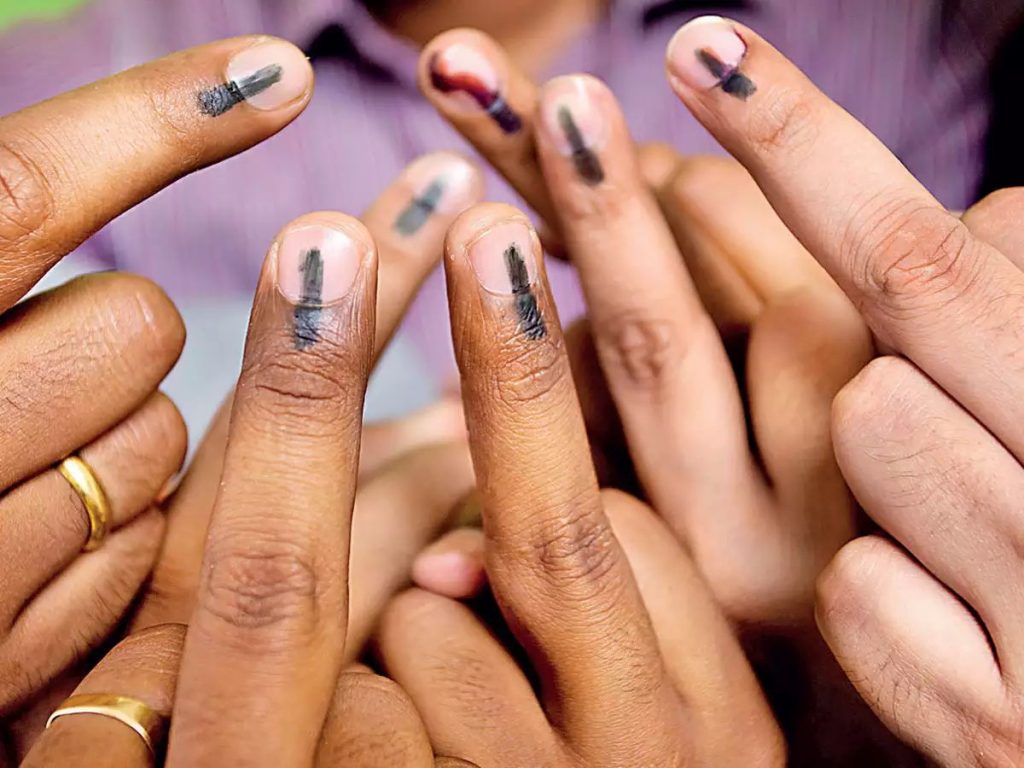
Government of India has rejected a report by the US government-funded NGO Freedom House categorising India’s democracy as “partly free” and termed it as “misleading, incorrect and misplaced”.
The rebuttal to Freedom House Report was released by the Ministry of Information & Broadcasting on Friday. The statement pointed out that “many states” in the country were ruled by parties other than the one at the national level, and that the election process is free and fair and conducted by an independent election body.
“This reflects the working of a vibrant democracy, which gives space to those who hold varying views,” the statement said.
Responding to specific allegations over treatment of Muslims in India and North East Delhi riots, the MIB statement said India treats all its citizens with equality as enshrined under the Constitution of the country and all laws are applied without discrimination. Due process of law is followed in matters relating to law and order,irrespective of the identity of the alleged instigator. With specific reference to the North East Delhi riots in February 2020, the law enforcement machinery acted swiftly in an impartial and fair manner. Proportionate and appropriate actions were taken to control the situation. Necessary legal and preventive actions were taken by the law enforcement machinery on all complaints/calls received, as per law and procedures, it said.
Regarding government response to COVID-19 through Lockdown, the statement said any mass movement of people would have spread the disease rapidly throughout the country. Taking into consideration these facts, the global experience and need for consistency in the approach and implementation of various containment measures across the country, a nationwide lockdown was announced. The government was fully conscious that during the period of an inevitable Lockdown, people should not face undue distress. Aware of this, the government took various measures to address the situation, it said.
In response to human rights organizations, India said that it’s Constitution provides for adequate safeguards under various statutes, including the Protection of Human Rights Act 1993 for ensuring protection of human rights. This Act provides for the constitution of a National Human Rights Commission and State Human Rights Commissions in the States for better protection of human rights and for matters connected to this subject.
Responding to allegation of intimidation of academics and journalists, the statement said the Indian Constitution provides for freedom of expression under Article 19. Discussion, debate and dissent is part of Indian democracy. The Government of India attaches highest importance to the safety and security of all residents of the country, including journalists, it said.
Regarding, freezing of Amnesty International’s assets the statement said Amnesty International had received permission under the FCRA Act only once and that too 20 years ago. Since then Amnesty International, despite its repeated applications, has been denied FCRA approval by successive governments since as per law it is not eligible to get such an approval, it said.
The statement by Government of India also rebutted allegations over Internet shutdowns, Use of sedition law and a host of other allegations made in the Freedom House Report report.
MEA rejects Freedom House’s report
The Ministry of External Affairs, too rejected the Freedom House’s report. The MEA also took exception to the depiction of Jammu and Kashmir in the map used in the document.
“The political judgements of Freedom House are as inaccurate and distorted as their maps,” external affairs ministry spokesperson Anurag Srivastava told a regular news briefing.
“For example, on the Covid-19 situation, there is a widespread appreciation in the world of our response, of our high recovery rate, and our low fatality rate,” he added.
“India has robust institutions and well-established democratic practices. We do not need sermons, especially from those who cannot get their basics right,” Srivastava he said.
